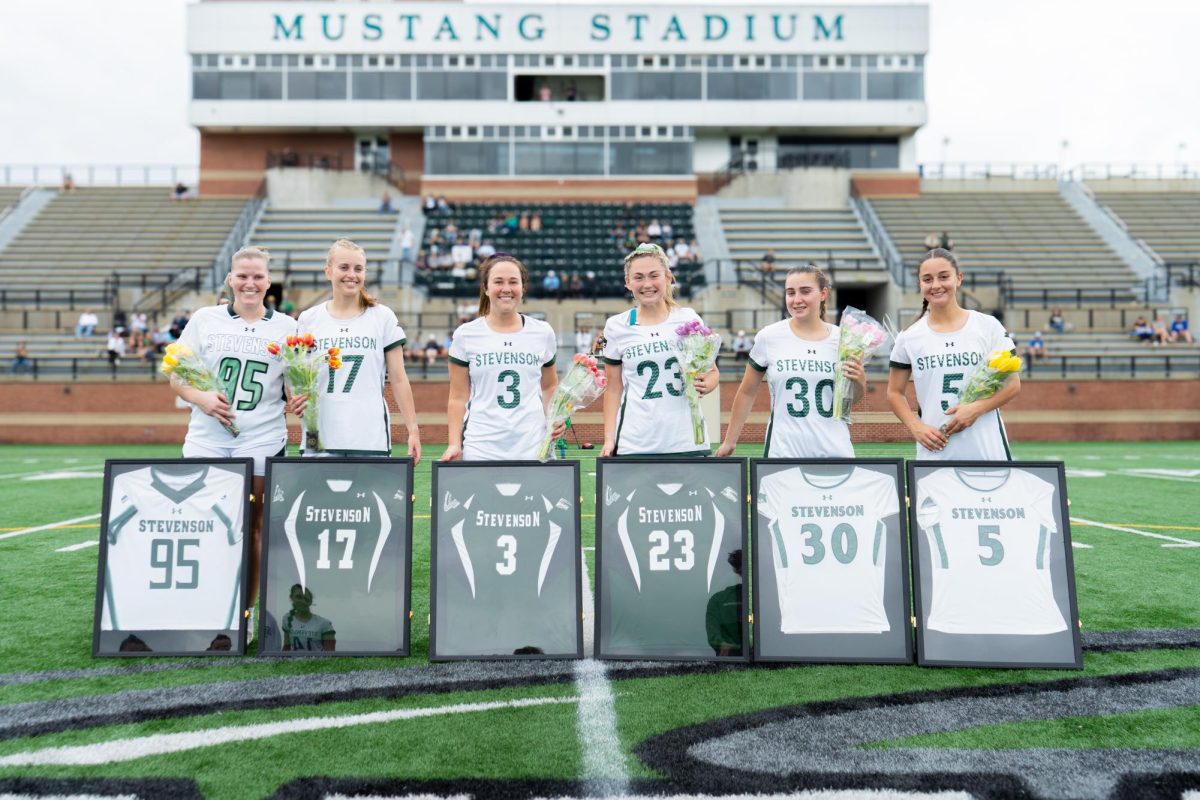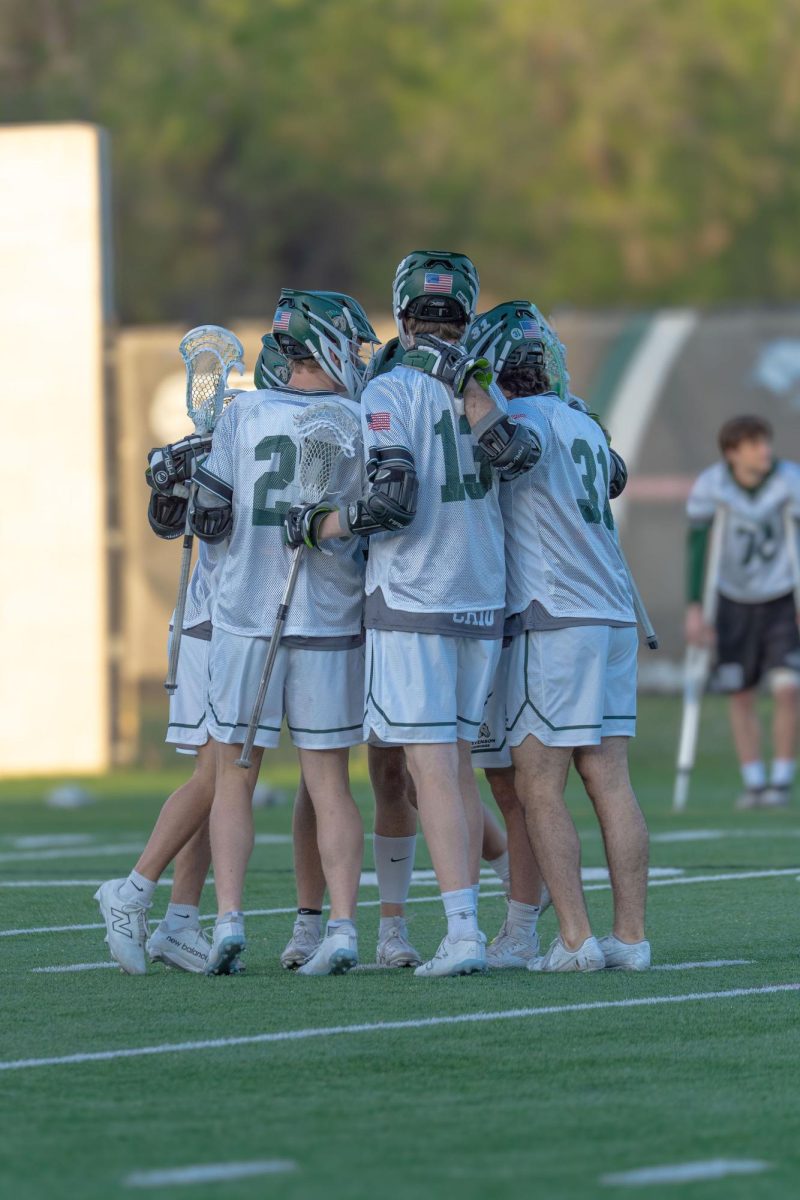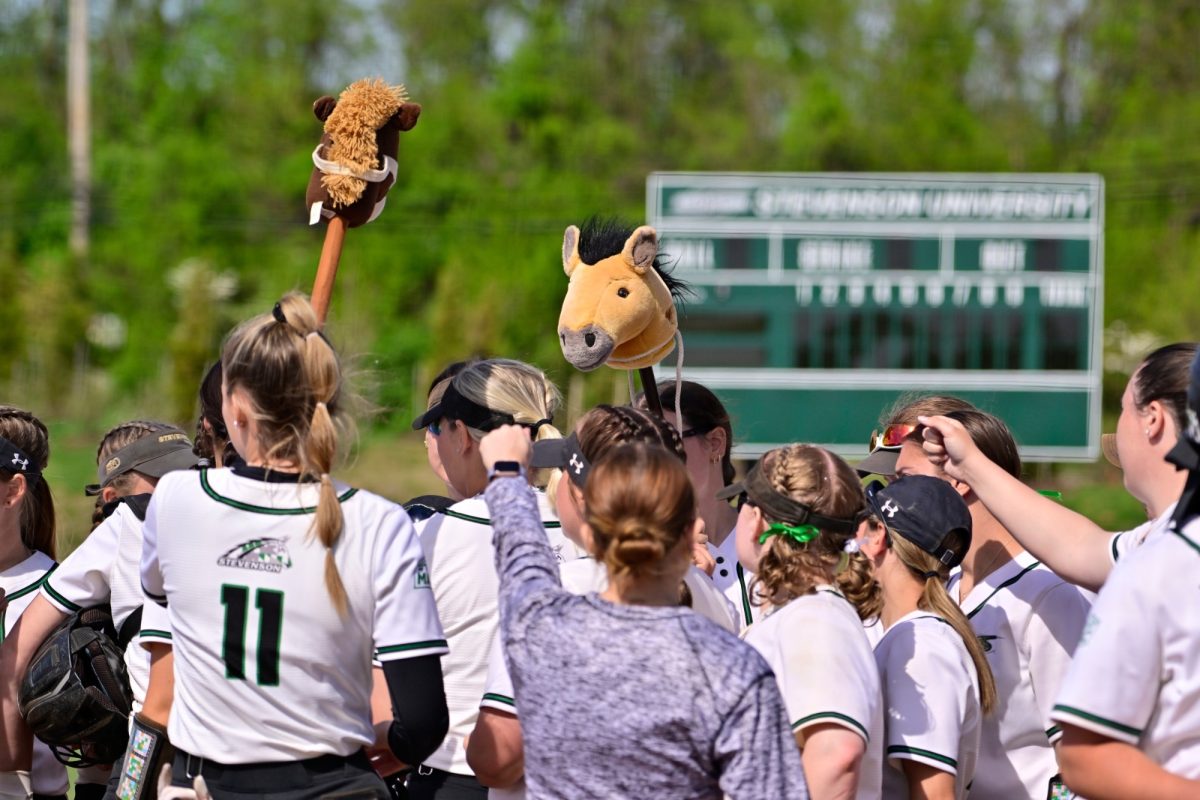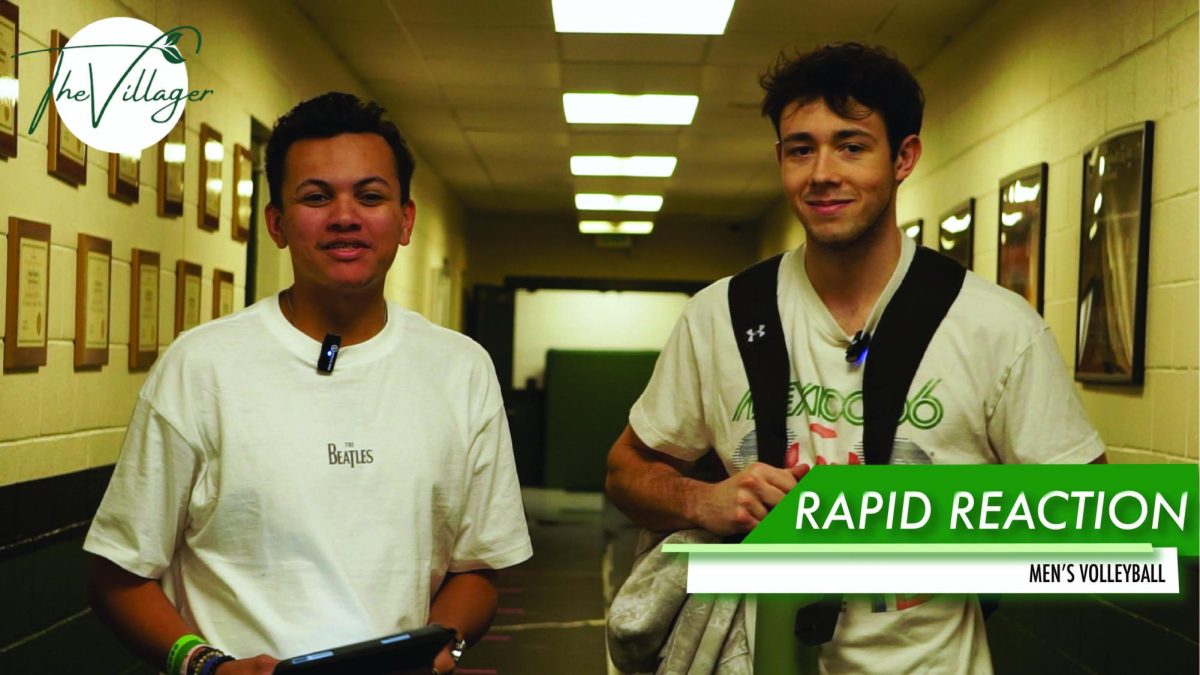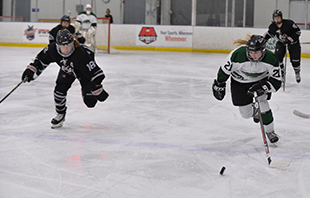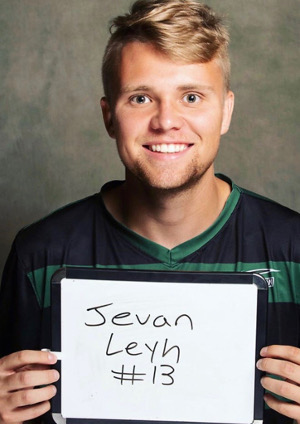The NCAA announced that Division III athletes would not be charged a year of eligibility if they compete in their seasons during the 2020-2021 academic year. The opportunity to have another year of competition has given senior student-athletes the ability to return to competition for another academic year or continue into the next phase of their life.
For many student athletes, the 2020-2021 season has been challenging to navigate amid the Covid-19 pandemic. The start of competition for most teams has been delayed for months and team schedules have been reduced by several games; all while no spectators have been allowed for the majority of games. The extra year of eligibility granted by the NCAA is an opportunity to continue and complete a career that has been hindered by the pandemic.
Trinity Barcless, a senior captain and leading scorer on the Women’s ice hockey team, spoke about the challenges of this season and her excitement to use her extra year of eligibility to return and finish her career the way she envisioned before the pandemic. “Being a senior right now, it has been a very difficult year to accept as my last. The normal opponents and rivalries were missed, the typical pre-season training in the gym has been altered, and so many other little things like not being able to be in a locker room together, overnight game trips, team pasta parties and more,” she said.
Trinity also explained that she is thankful that a shortened season was made possible, and that she is eager to close out her college career on a full season with as much normality as possible. She will be returning to complete her master’s degree during her final year of competition, so fans will have the opportunity to watch Trinity play for the Mustangs for another season.
The ability to return for another year of competition is an opportunity that many student athletes are grateful for, but not every senior will use the opportunity to prolong their careers. The decision to return for one more season comes down to the benefits and costs for each individual student-athlete. Unlike in Division I, athletes in Division III are not eligible for athletic scholarships so returning to play for another season also has financial implications that must also be considered. Even with the extra year of eligibility, many senior athletes will be calling it a career after their 2020-2021 season and will transition into the next chapter of their lives with their new careers and jobs after college.
Jevan Leyh, senior Business communications major, and current member of the men’s soccer team, explained his decision to not return for the 2021-2022 season. “Although my love for the game has never changed, I decided not to come back because I’m graduating on time. I realized that it’s time for me to start my working career. I know that soccer will always be there for me, but after 19 years of playing the sport I love, I needed to put my professional career first,” Leyh said.
Stevenson is excited for the remainder of 2021 and is optimistic that student-athletes will experience full athletic seasons during the 2021-2022 academic year. For more information regarding all things Stevenson sports visit gomustangsports.com.













